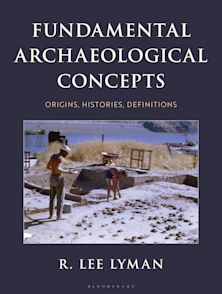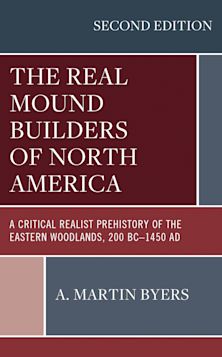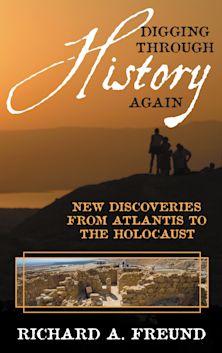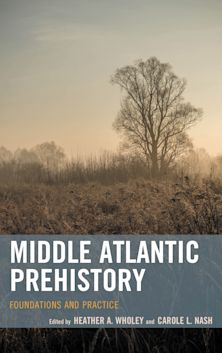Indigenous Archaeology
American Indian Values and Scientific Practice
- Textbook
Indigenous Archaeology
American Indian Values and Scientific Practice
- Textbook
This product is usually dispatched within 3 days
- Delivery and returns info
-
Free CA delivery on orders $40 or over
Description
As a practicing archaeologist and a Choctaw Indian, Joe Watkins is uniquely qualified to speak about the relationship between American Indians and archaeologists. Tracing the often stormy relationship between the two, Watkins highlights the key arenas where the two parties intersect: ethics, legislation, and archaeological practice. Watkins describes cases where the mixing of indigenous values and archaeological practice has worked well-and some in which it hasn't-both in the United States and around the globe. He surveys the attitudes of archaeologists toward American Indians through an inventive series of of hypothetical scenarios, with some eye-opening results. And he calls for the development of Indigenous Archaeology, in which native peoples are full partners in the key decisions about heritage resources management as well as the practice of it. Watkins' book is an important contribution in the contemporary public debates in public archaeology, applied anthropology, cultural resources management, and Native American studies.
Table of Contents
Chapter 2 American Indians and Archaeologists: A Stormy Relationship
Chapter 3 Ethics in Anthropology and Archaeology
Chapter 4 Legislation Protecting American Indian Cultural Resources
Chapter 5 Repatriation Legislation
Chapter 6 Sampling the Attitudes of Archaeologists
Part 7 CASES
Chapter 8 Navajo Cultural Resource Management
Chapter 9 The Pawnee and the Salina Burial Pit
Chapter 10 The Conflict at the East Wenatchee Clovis Site
Chapter 11 "The Ancient One" of Kennewick
Chapter 12 Repatriation in Global Perspective
Chapter 13 Indigenous Archaeology
Product details
| Published | Jan 17 2001 |
|---|---|
| Format | Paperback |
| Edition | 1st |
| Extent | 234 |
| ISBN | 9780742503298 |
| Imprint | AltaMira Press |
| Dimensions | 237 x 154 mm |
| Series | Indigenous Archaeologies Series |
| Publisher | Bloomsbury Publishing |
Reviews

ONLINE RESOURCES
Bloomsbury Collections
This book is available on Bloomsbury Collections where your library has access.



































